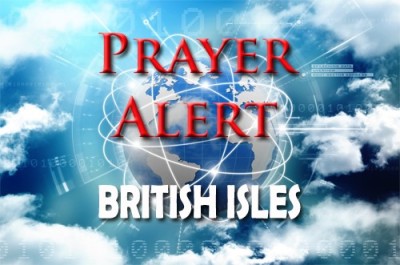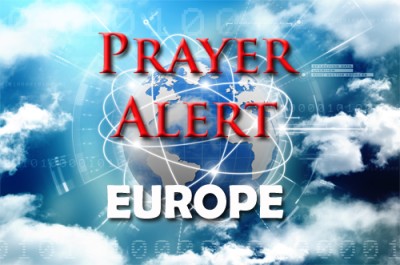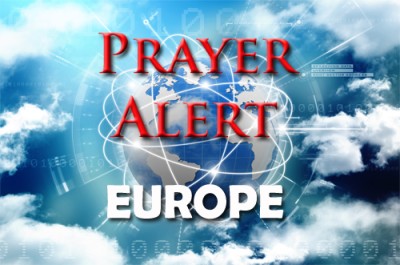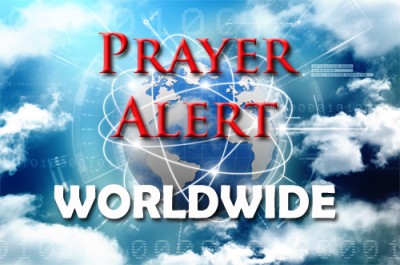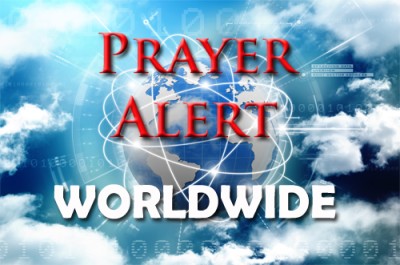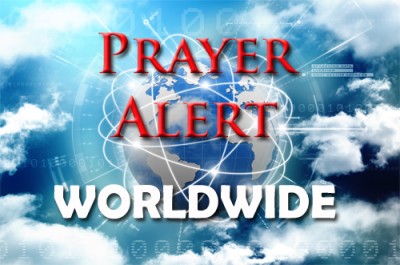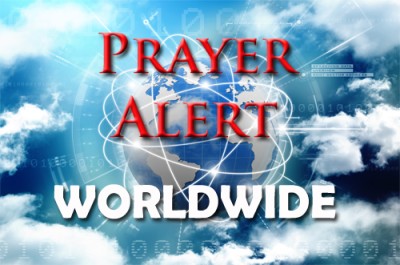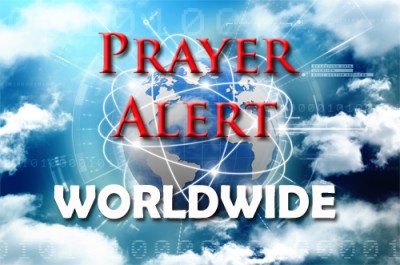An Ethiopian asylum-seeker has been jailed for a year after sexually assaulting a 14-year-old girl and a woman in Epping, Essex. Hadush Kebatu, who had arrived in the UK by small boat just eight days earlier, was found guilty of harassment, two sexual assaults, inciting a child to engage in sexual activity, and attempted sexual assault. His arrest sparked protests outside the Bell Hotel, where he had been housed. At Chelmsford magistrates’ court, judge Christopher Williams described the offences as 'disgusting and sickening’, noting the lasting fear inflicted on the schoolgirl, who said she now feels unsafe going out with friends. Kebatu also assaulted a woman who had offered to help him with his CV, placing his hand on her thigh. He is subject to automatic deportation under the UK Borders Act 2007 once his sentence is served. Essex police praised the victims for their bravery in testifying. The case has reignited public concerns over safeguarding, asylum accommodation, and the protection of vulnerable people from predatory behaviour. See also
Days before crucial parliamentary elections, Moldova’s president Maia Sandu has warned that Russian-backed plots are threatening her nation’s independence and European aspirations. Police have arrested 74 people accused of planning violent unrest, seizing weapons and explosives allegedly supplied through Russian training in Serbia. Sandu accused the Kremlin of pouring hundreds of millions of euros into Moldova to spread disinformation, buy votes, and intimidate pro-EU supporters, echoing past meddling during the 2022 EU-accession referendum which was narrowly approved by just 50.4%. Pro-Russian parties deny wrongdoing and claim Sandu is stifling opposition, while Moscow’s SVR intelligence agency countered with disinformation alleging European plans to falsify the vote and occupy Moldova. Sandu’s Party of Action and Solidarity faces stiff competition, especially in Russian-speaking regions like Gagauzia where many favour closer ties to Moscow. She is calling for high voter turnout, particularly from the diaspora, to safeguard the country’s sovereignty and keep its path toward EU membership.
Thousands of Italian workers and students staged a nationwide general strike and demonstrations on 21 September. Organised by grassroots unions and supported by Italy’s largest trade union, CGIL, the walkout disrupted public transport, trains, schools, and ports. Major cities such as Rome and Milan experienced severe transit delays, while sit-ins at Genoa and Livorno ports slowed the movement of goods. The action, which followed a similar strike the previous day, was called to protest about the humanitarian crisis in Gaza, Israel’s blockade of aid, and threats against the Global Sumud Flotilla mission. USB, a key union federation, criticised the government and the EU for refusing to impose sanctions on Israel and for maintaining economic ties despite ongoing violence. Rome authorities reported about 20,000 demonstrators at midday near Termini station, though organisers said there were up to 100,000. Meanwhile, Giorgia Meloni’s government faces rising domestic pressure over its stance on the Israel-Hamas war.
Recent protests in Indonesia over economic hardship have coincided with a landmark climate lawsuit filed by four residents of Pulau Pari, a tiny island only three metres above sea level which has already lost 11% of its land. Backed by international organisations, the plaintiffs are suing Swiss cement giant Holcim in a Swiss court, demanding proportional compensation, urgent emission cuts of 43% by 2030, and support for climate adaptation. Pulau Pari’s homes, fishing livelihoods, and freshwater supplies are being threatened by rising seas and saltwater intrusion, with projections suggesting the island could largely disappear by 2050. The case is historic: it seeks to hold a major corporation legally accountable in its own country for climate damages, echoing the International Court of Justice’s call for ‘full reparation’ for climate victims. It highlights the severe inequity facing low-emission coastal communities like Bangladesh. What lies ahead is a whole new discussion, but this case has surely created a path where victims are not defenceless and corporate giants are not untouchable.
On 24 September Typhoon Ragasa, the strongest tropical cyclone globally this year, slammed into Yangjiang, southern China, after killing 17 people in Taiwan and battering Hong Kong with destructive winds and torrential rain. The storm, which reached Category 5 strength with winds over 260 kph before weakening, inundated Hong Kong’s coastal areas, submerging roads and buildings. China’s authorities ordered the evacuation of over two million residents across Guangdong province, and dispatched tens of thousands of tents, folding beds, lighting equipment and other rescue supplies. While Hong Kong kept its stock market open as a sign of infrastructure resilience, authorities warned of continued flooding risks. Experts link Ragasa’s ferocity to climate change and predict stronger typhoons ahead, highlighting the need for urgent climate action and preparedness across vulnerable coastal regions as global temperatures and sea levels rise.
Nepal: the challenges facing new PM
25 Sep 2025New prime minister Sushila Karki, a former chief justice known for her uncompromising stance against corruption, faces an immense challenge just weeks after taking office. Chosen after huge protests which toppled her predecessor KP Sharma Oli, she has six months to deliver elections and satisfy demands from Nepal’s energised Gen Z movement. Protesters are urging her to arrest senior leaders accused of graft, purge politically connected bureaucrats, and investigate the 74 protest-related deaths. Their support remains conditional, with leaders such as Sudan Gurung warning they will oust her if progress stalls. Karki has pledged an anti-corruption committee and a panel to examine the violence. Yet entrenched party power - especially Oli’s influence as head of the Communist Party - poses obstacles. With youth unemployment above 20% and decades of political instability, Nepal stands at a pivotal moment reminiscent of the 2008 Maoist uprising. Karki must balance swift action and careful diplomacy to prevent renewed turmoil, while proving that democratic reform is possible.
Innovator Joseph Nguthiru has turned a personal challenge into an award-winning environmental enterprise. In 2021, he and classmates were stranded for hours on Lake Naivasha when water hyacinth, a weed that disrupts fishing, navigation, and irrigation worldwide, blocked their boat. That incident inspired their engineering project to convert the invasive plant into biodegradable products. Nguthiru envisioned ‘one problem solving another’, so launched HyaPak Ecotech Ltd to create eco-friendly alternatives to single-use plastics, including packaging bags and seedling wrappers. HyaPak has already removed over 700 kilograms of hyacinth and partnered with Kenya’s government in a programme to plant 15 billion trees over ten years. Nguthiru has also invented a solar dryer, reviving Kenya’s pyrethrum farming, and leads Adopt a River, which has cleared more than three tons of river waste while educating communities on climate action. He believes lasting change requires grassroots involvement, proving innovation and community engagement can drive sustainable solutions.
Colombian president Gustavo Petro has condemned recent US airstrikes on alleged drug-smuggling boats in the Caribbean, calling them an ‘act of tyranny’ and urging criminal proceedings against US officials if Colombians were killed. The strikes, authorised by Donald Trump and reportedly responsible for 17 deaths this month, target vessels suspected of trafficking fentanyl and other narcotics, especially near Venezuela, Colombia’s neighbour. Legal experts and UN officials have questioned the legality of these actions, describing them as possible extrajudicial executions. Petro argued that deadly force is unnecessary, citing Colombia’s long history of cooperative drug interdictions without fatalities. He stressed that the principle of proportionality is violated ‘if you use anything more than a pistol’. The White House maintains that Trump will use ‘every element of American power’ to combat narcotics. He has designated several drug-trafficking organisations and criminal groups in Mexico and elsewhere in Latin America as terrorist organisations, and the US military has bolstered its forces in the southern Caribbean over the last two months.
